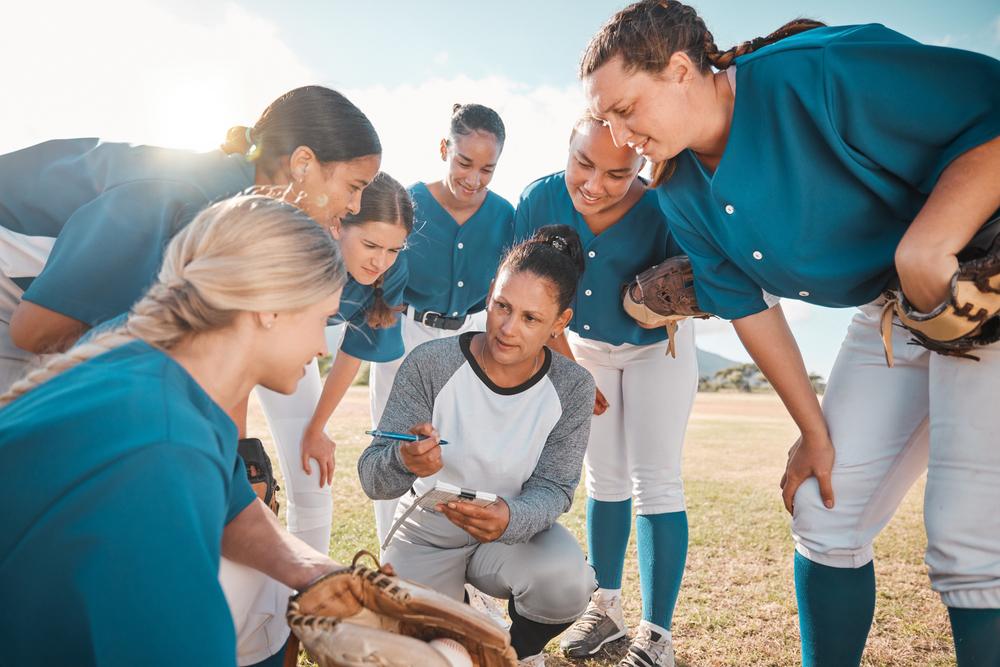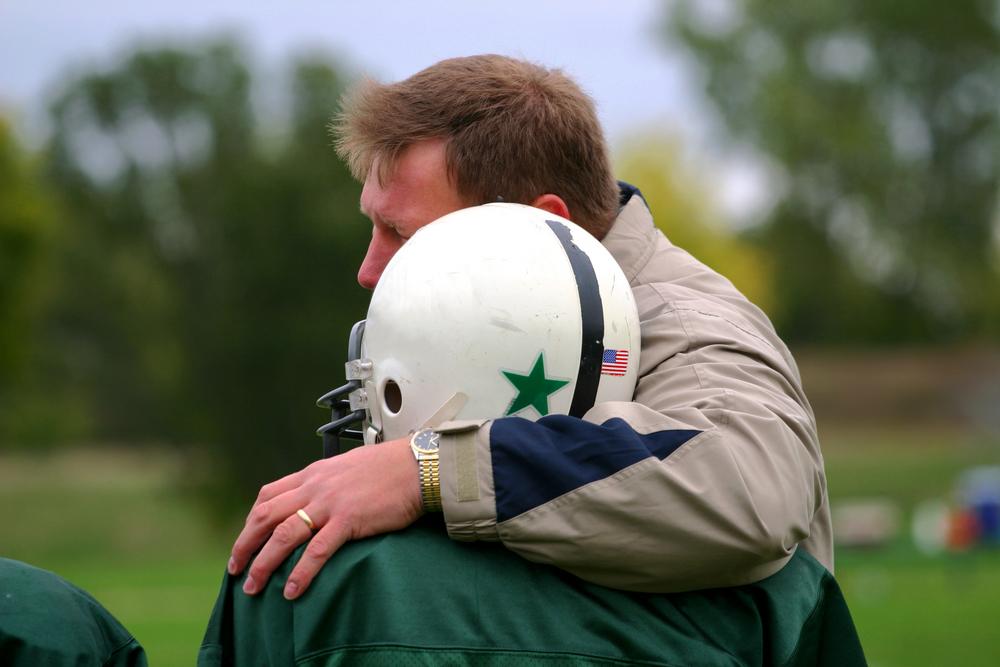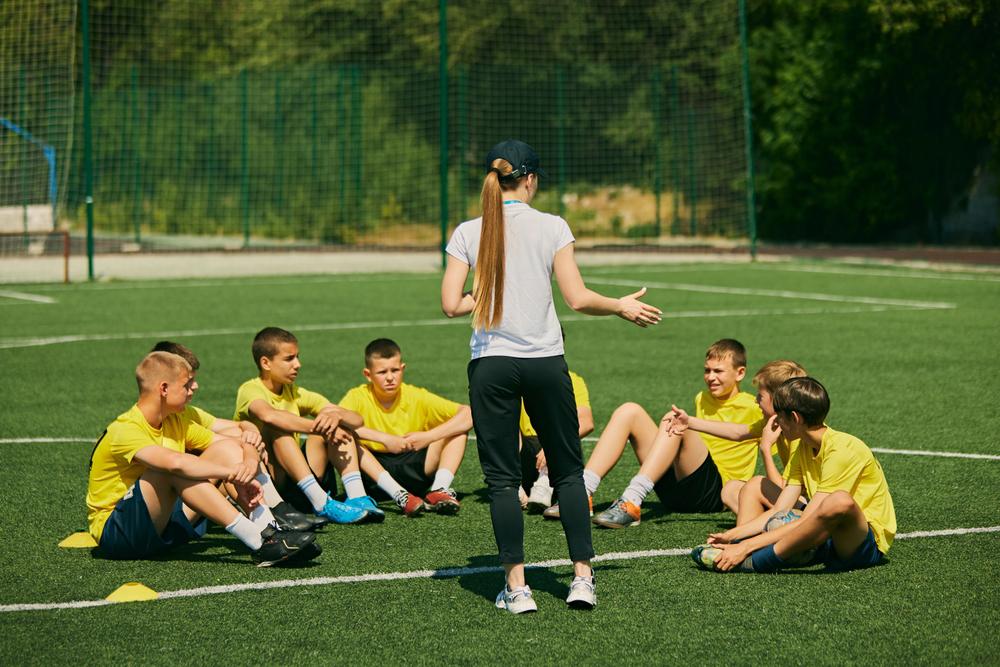 As an athlete, you likely know the importance of physical recovery. You know that rest days are important opportunities for your body to recover after hard competitions or practices. But if those rest days are jam packed with the rest of your life—homework, extracurriculars, work—you may not be getting the mental recovery that you need. And mental recovery is just as impactful as physical recovery for athletes.
As an athlete, you likely know the importance of physical recovery. You know that rest days are important opportunities for your body to recover after hard competitions or practices. But if those rest days are jam packed with the rest of your life—homework, extracurriculars, work—you may not be getting the mental recovery that you need. And mental recovery is just as impactful as physical recovery for athletes.
Here, TrueSport Expert and licensed clinical psychologist, Dr. Melissa Streno, is sharing what mental recovery looks like, and how you can find the right balance on your next rest day.
Why Mental Breaks are Vitally Important
Rest is nonnegotiable when it comes to sports success. “There have to be rest days,” says Streno. “I see so many high school athletes burn out and exit sport because they’re doing too many sports and too many other activities in addition to a full load of classes, with no time off. It’s not sustainable. We need to break the stigma around resting and taking breaks.”
Given that physical rest and recovery is key to athletic success, athletes often focus on taking days away from sport, getting enough sleep, and taking some type of an off-season. But when was the last time you gave your brain a break? Unfortunately, student athletes struggle to make time for mental recovery even if they dedicate time to physical recovery, says Streno. That’s usually because you have a lot of demands on your time. Rather than taking a mental break, you end up doing more mental work than you do on a normal day.
But we need to prioritize those mental breaks as well because using mental energy actually requires physical energy, says Streno. You likely remember taking a test or spending hours working on a report, only to realize you felt depleted in the same way you would after a run or hard basketball practice. The body is still under stress whether you’re prepping for debate club or working on your three-point shot. “Stress is stress,” Streno explains. “If you take two days off of basketball practice to prepare for final exams, those are not really rest days.”
Brain rest—like physical rest—comes with a wide range of benefits. Having empty space in your schedule can help give your brain and body the space they need to recover, process and store new information, and improve your motivation.
It even makes you a better athlete, says Streno. For example, an athlete who’s mentally tired or stressed will typically experience slower reflexes. “Mental rest allows us to think clearer and to have improved cognitive functioning,” says Streno. “That can help us be more attuned to our bodies, which can also help prevent injury.”
How Do You Practice Mental Recovery?
You may think that mental recovery looks like taking bubble baths, binging reality TV, or sleeping extra late on the weekends. And certainly, those activities (or lack thereof) can be part of a good mental recovery strategy. But Streno notes that mental recovery will look different for every athlete.
To figure out your personalized mental recovery strategy, Streno notes that it’s important to first identify what is depleting you. “You need to assess what’s working, and what’s not,” she says. “Taking the time and building that awareness around what mental recovery could actually look like for you makes it easier for you to take the break and actually come back well-rested.”
She suggests asking these questions on a regular basis:
- How am I really feeling? How recovered do I feel? Do I need a break?
- What activities deplete me?
- What interferes with getting adequate or quality rest?
- What activities make me feel recharged? When do I feel most rested?
- What hasn’t worked in the past?
- What new boundaries do I need to set, if any?
These answers will be unique to you, says Streno. Some athletes recharge mentally by spending time connecting with friends, while some find they recharge better by spending some solo time buried in a good book. The key, she says, is that your mental break also gives you a break from your sport. That means not using a day off to think about race tactics or new plays.
 Mental recovery shouldn’t be about ticking things off a to-do list, though some things on your list may overlap with activities that help you feel more recovered. Cleaning your room is a great example: It may not be one of your favorite tasks, but a tidy space can actually make you feel more mentally relaxed, as can the cleaning process itself once you get started.
Mental recovery shouldn’t be about ticking things off a to-do list, though some things on your list may overlap with activities that help you feel more recovered. Cleaning your room is a great example: It may not be one of your favorite tasks, but a tidy space can actually make you feel more mentally relaxed, as can the cleaning process itself once you get started.
It may not be easy for you to actually think of things that would make you feel more mentally recovered at first, says Streno. “Many student-athletes are so over-scheduled that they struggle to verbalize activities they would like to do on a day off where they have no responsibilities,” she says. “They haven’t had a day like that in years, and they don’t know what would make them feel the best. They’re just so programmed to always be doing something instead of simply being present and resting their body and their brain.”
You may find that activities you enjoy still end up in the ‘depleted’ category, says Streno. You may love spending time with your friends but realize that if you’re out for more than a couple of hours, you come home feeling exhausted. Get clear on how each of your activities, routines, and rituals makes you feel afterwards. And this doesn’t mean giving up on spending time with friends, says Streno. It simply means making sure that on a mental rest day, you allot space for the activities you need to recharge.
Streno also notes that what feels restful may be a moving target. In a particularly stressful season, that alone time may be what you’re craving, while after an off-season away from your teammates, you may be looking for more social connection to feel recharged.
This skill of making space for rest will become even more important as you get older, she notes. It’s a lifelong skill that will allow you to handle sport and academic demands in college, as well as the rigors of your first job after school. Being able to both mentally and physically recover is one of the most rewarding skills to master.
_________________________
Takeaway
Mental recovery is as important as physical recovery, but the way an athlete practices mental recovery will vary from person to person. As a busy athlete with many demands on your time, you’ll need to decide what activities allow you to feel the most recharged and determine how to carve out time in your schedule for them.



